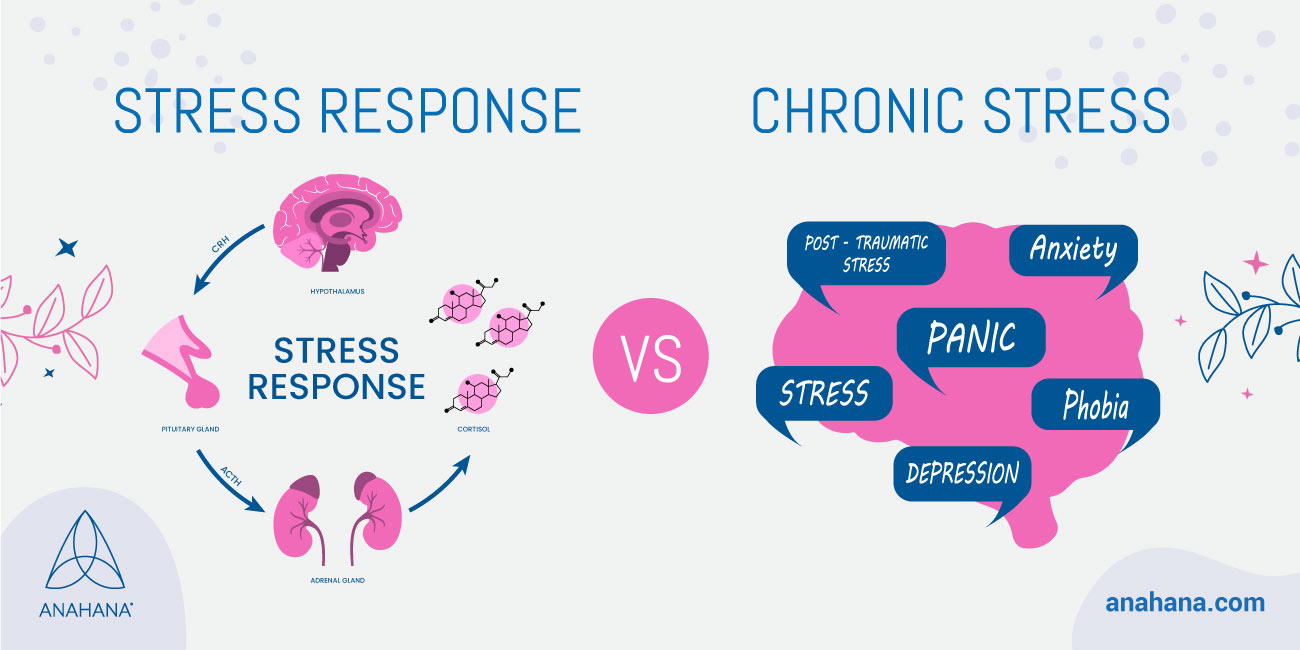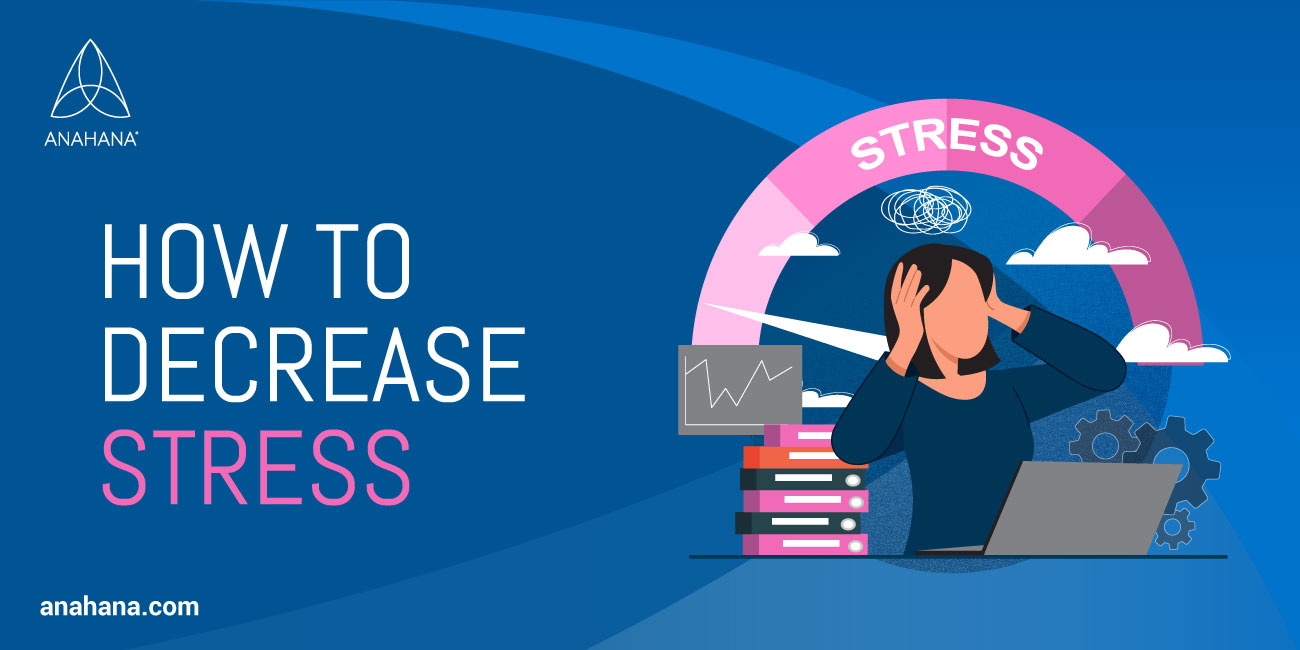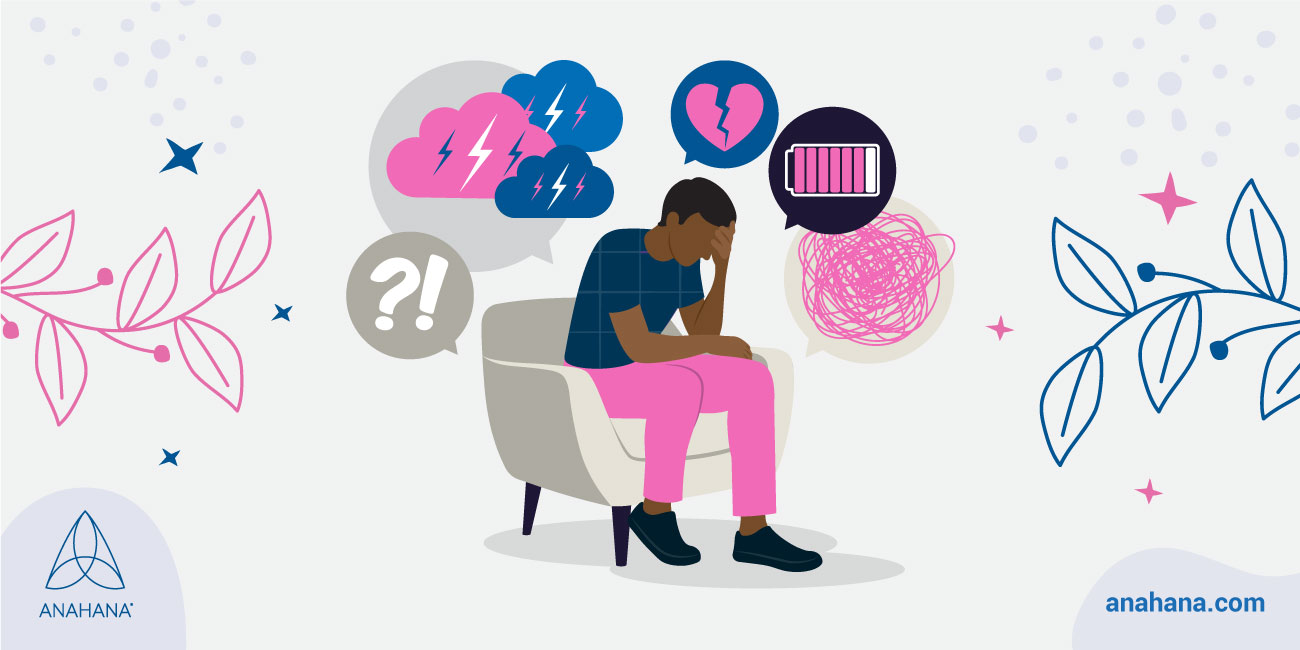
Table of Contents
Nowadays, many aspects of everyday life can trigger stress responses, such as work deadlines, relationships, and family responsibilities. Although the stress response is expected, chronic and long-term stress can adversely affect the mind and body.
Key Takeaways
- The body's stress response prepares us for immediate threats, increasing heart rate, blood pressure, and energy levels.
- Chronic stress maintains high stress hormone levels, leading to adverse effects on mental and physical health, including anxiety, depression, and cardiovascular issues.
- Effective stress management techniques include meditation, exercise, adequate sleep, and maintaining strong social connections.
- Understanding personal stress triggers and responses can help in developing tailored coping strategies for better overall well-being.
What is the body's stress response?
The stress response is the way that the body reacts to perceived threats. Everyone has felt their stress response kick in, the racing heart and sweaty palms felt when walking into a job interview. It is the body's flight or fight response that helps humans survive when confronted with dangers in the environment. Nowadays, the stress response can be a response to everyday life stressors, including environmental stress and psychological stress.
The stress response is driven by the autonomic nervous system, which divides into the sympathetic nervous system and the parasympathetic nervous system. The sympathetic nervous system is responsible for the body's fight-or-flight response. The sympathetic nervous system responds to a stressful event or perceived danger. It triggers several physiological changes, including increased heart rate, blood pressure, breathing rate, muscle tension, and blood sugar, among others.
The trigger of the stress response is first perceived by the amygdala, which is a part of the brain responsible for emotional processing. The amygdala then perceives the potential threat and sends a message to the hypothalamus. The hypothalamus is the part of the brain communicating with the nervous system. The hypothalamus then sends information to the adrenal glands, which release the hormones epinephrine and norepinephrine. The adrenal glands are on top of the kidneys and are composed of two parts: the adrenal cortex and the adrenal medulla. Epinephrine is the hormone that causes physiological changes in the body, such as increased heart rate, increased blood pressure, and release of blood sugar.
The adrenal glands also release the hormone cortisol in response to stress. When the initial levels of epinephrine decrease, a secondary stress response begins called the HPA axis keeps the sympathetic nervous system active. In this secondary system, the hypothalamus releases corticotropin-releasing hormone (CRH), which triggers the pituitary gland to release a hormone called the adrenocorticotropic hormone (ACTH). Finally, in response to those, the adrenal gland releases cortisol. Cortisol is a steroid hormone that serves in the stress response to keep the body in this state of stress. Cortisol has other vital roles for the body, including regulating metabolism, blood pressure, blood sugar, and the body's sleep cycle.
Stress response vs. chronic stress
Typically, once the perceived threat or stressor diminishes, the stress response will subside, and the body will return to normal functioning. This is a natural and healthy response to stressful situations that occur. With a person experiencing chronic stress, the fight or flight response does not diminish, and the levels of stress hormones remain high for long periods. Chronic or long-term stress can result in elevated cortisol levels. Elevated cortisol can affect the immune, digestive, and reproductive systems.
Symptoms of chronic stress
 Chronic stress can take a toll on the body and produce many adverse symptoms. People with chronic stress are more prone to developing anxiety or depression. Some signs of chronic stress include; difficulty falling or staying asleep, low energy, reduced appetite, a decreased want to socialize, cloudy thoughts, and digestive problems. Chronic stress can lead to other health conditions, such as hypertension (high blood pressure) and heart disease.
Chronic stress can take a toll on the body and produce many adverse symptoms. People with chronic stress are more prone to developing anxiety or depression. Some signs of chronic stress include; difficulty falling or staying asleep, low energy, reduced appetite, a decreased want to socialize, cloudy thoughts, and digestive problems. Chronic stress can lead to other health conditions, such as hypertension (high blood pressure) and heart disease.
How the stress response affects the body
The stress response can cause unpleasant symptoms such as a racing heart, but once the stressor is no longer present, the stress hormones should drop, returning the body to normal functioning. The body's normal functioning will be affected when the stress response remains activated for long periods. Chronic stress has a lot of adverse effects on the body and can trigger other health problems. Chronic long-term stress can lead to the following: Digestive issues, migraines, anxiety disorders, muscle tension, insomnia, sleep problems, and getting sick often due to decreased immune system activity.
Chronic stress is related to other conditions such as hypertension, anxiety and depression, addiction, obesity, etc. Chronic stress may result in unhealthy coping mechanisms, including under or overeating, excess alcohol consumption, smoking etc.
Strategies to decrease stress
 Stress management is an integral part of both mental and physical health. Stress management techniques can help a person handle stressful situations, help with daily anxiety levels, and improve mental health. Stress management is also essential physically for blood pressure control, immune system functioning, weight management, and overall physical wellness.
Stress management is an integral part of both mental and physical health. Stress management techniques can help a person handle stressful situations, help with daily anxiety levels, and improve mental health. Stress management is also essential physically for blood pressure control, immune system functioning, weight management, and overall physical wellness.
One stress reduction technique is practicing meditation. Meditation helps to relax both the mind and the body. Meditation can be incorporated into a daily routine and help someone prepare for their day, help them fall asleep, or even help them reflect on their typical stress triggers and reactions.
Exercising regularly is also an effective form of stress reduction. All forms of exercise, including endurance, strengthening, low-intensity, and high-intensity, are beneficial for decreasing stress. Exercising also helps with maintaining physical health and can help with energy levels and sleep quality. Yoga is a form of exercise that helps reduce stress levels. Yoga increases the release of endorphins; it helps improve physical health and helps with mental relaxation.
Sleep is a vital part of physical health as well as mental health. Getting adequate sleep is helpful for the body and mind to handle stressors in life. Relaxation techniques such as progressive muscle relaxation can help with falling asleep and creating a good sleep routine.
Journaling is a tool that allows a person to reflect on personal stress triggers. Journaling can also help a person develop healthy and effective coping strategies for stress. Lastly, connecting oneself to social support is very important for handling stress. Surrounding yourself with supportive friends and family can make an enormous difference in one's ability to cope with stress.
Frequently asked questions About Stress Response
 Why does the body have a stress response?
Why does the body have a stress response?
The body has a stress response to prepare the mind and body for potential threats or dangers. Physiological responses such as increased heart rate increased breathing rate, and the release of blood sugar prepared the body and mind to prepare to either flee from danger or to fight. The stress response can help us face challenges in everyday life by giving us a surge of energy and heightened levels of awareness and focus.
What are the normal levels of stress?
Some levels of stress are entirely normal and even healthy. It is when stress begins causing long-term physical symptoms such as migraines, digestive problems, insomnia, etc. this is a sign that stress levels are too high.
Why do some people appear to have more of a stress response compared to others?
There are many reasons why people may have different stress reactions or cope with life stressors easier or harder. Stress levels and the stress response can have genetic links. Significant life events can also impact how someone reacts to stress, especially in childhood. Stress affects everyone differently and a persons stress reaction can also be related to their environment, social supports, and coping mechanisms.
What is the integrated stress response?
The integrated stress response (ISR) is a cellular mechanism activated when cells experience acute stress, such as nutrient deprivation or viral infection. It adjusts protein production to help the cell cope with repeated acute stress and restore homeostasis. The ISR reduces general protein synthesis while increasing the production of specific proteins that aids the stress response system and cell recovery.
Resources
Understanding the stress response - Harvard Health
Chronic stress puts your health at risk - Mayo Clinic
Chronic Stress > Fact Sheets > Yale Medicine
The Effects of Stress on Your Body
Meditation: A simple, fast way to reduce stress.
Yoga for Stress: Breath, Poses, and Meditation to Calm Anxiety
Cortisol: What It Is, Function, Symptoms & Levels
Chronic stress puts your health at risk - Mayo Clinic
Disclaimer
The contents of this article are provided for informational purposes only and are not intended to substitute for professional medical advice, diagnosis, or treatment. It is always recommended to consult with a qualified healthcare provider before making any health-related changes or if you have any questions or concerns about your health. Anahana is not liable for any errors, omissions, or consequences that may occur from using the information provided.

By: Anahana
The Anahana team of researchers, writers, topic experts, and computer scientists come together worldwide to create educational and practical wellbeing articles, courses, and technology. Experienced professionals in mental and physical health, meditation, yoga, pilates, and many other fields collaborate to make complex topics easy to understand.
